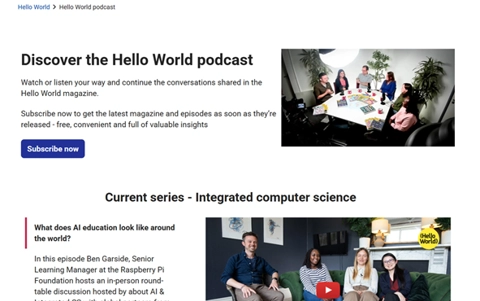Discover the Hello World podcast
Watch or listen your way and continue the conversations shared in relation to tecahing and learning about Digital Technologies.
Additional details
| Year band(s) | Foundation, 1-2, 3-4, 5-6, 7-8, 9-10 |
|---|---|
| Content type | Professional learning |
| Format | Web page |
| Core and overarching concepts | Implementation (programming) |
| Australian Curriculum Digital Technologies code(s) |
AC9TDI4P04
Implement simple algorithms as visual programs involving control structures and input
AC9TDI6P05
Implement algorithms as visual programs involving control structures, variables and input
AC9TDI8P09
Implement, modify and debug programs involving control structures and functions in a general-purpose programming language
AC9TDI10P09
Implement, modify and debug modular programs, applying selected algorithms and data structures, including in an object-oriented programming language |
| Keywords | podcasts |
| Integrated, cross-curriculum, special needs | Digital Literacy |
| Organisation | Raspberry Pi Foundation |
| Copyright | © Raspberry Pi Foundation. May be subject to statutory licence fee. |
Related resources
-
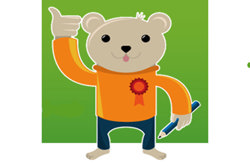
CAS Barefoot
A broad collection of online resources to support teachers to develop and implement computational thinking, concepts and computer programming. Free log in required to access materials.
-
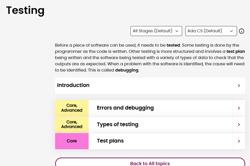
Testing
This comprehensive online guide, provides a background to testing code. This topic has information on debugging and writing a test plan.
-
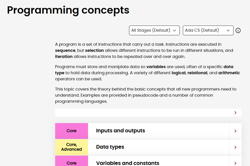
Programming concepts
This comprehensive online guide, provides a background to programming. This topic has information about sequence, selection and variables.
-
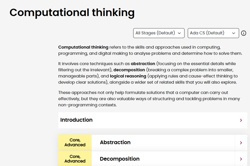
Computational thinking
This comprehensive online guide, provides a background to computational thinking which refers to the skills and approaches used in computing, programming, and digital solutions to analyse problems and determine how to solve them.
-
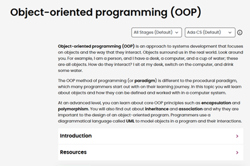
Object-oriented programming (OOP)
This comprehensive online guide, explores ways the OOP method of programming (or paradigm) is different to the procedural paradigm, which many programmers start out with on their learning journey. This topic introduces objects and how they can be defined and worked with in a computer system.
-
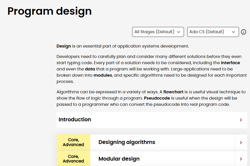
Program design
This comprehensive online guide, explores ways specific algorithms are designed for large applications, considering data and user interface. Learn how algorithms can be expressed as a flowchart and pseudocode, and validated and verified.
-
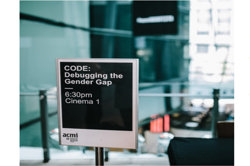
Code like a girl
This website supports females who are into coding with events, a blog and virtual events.
